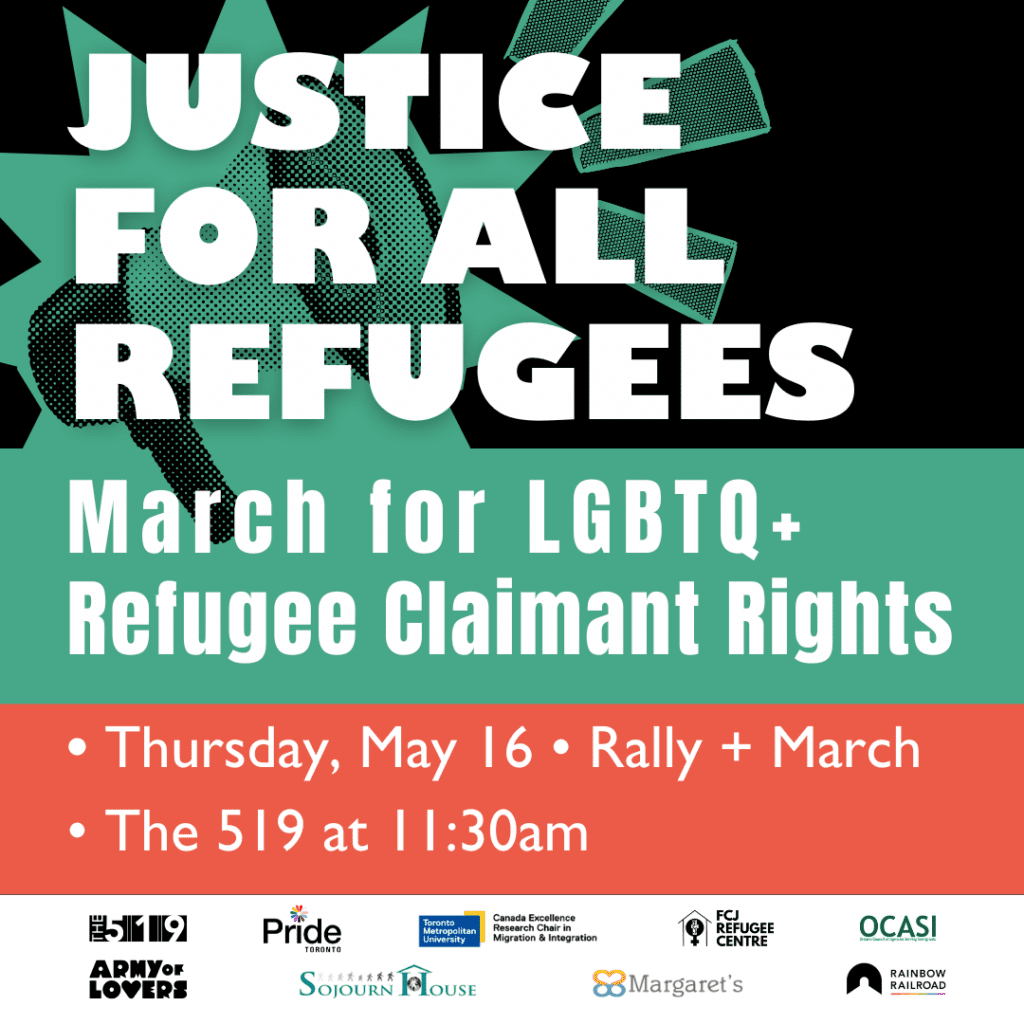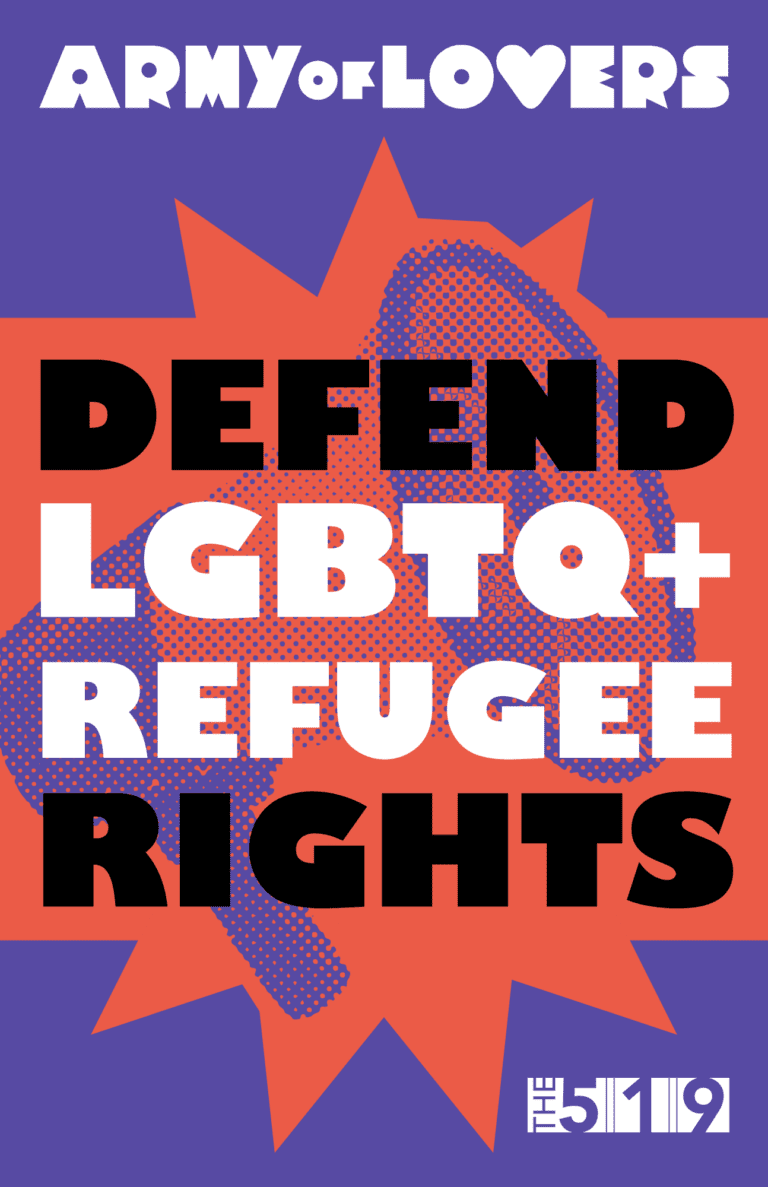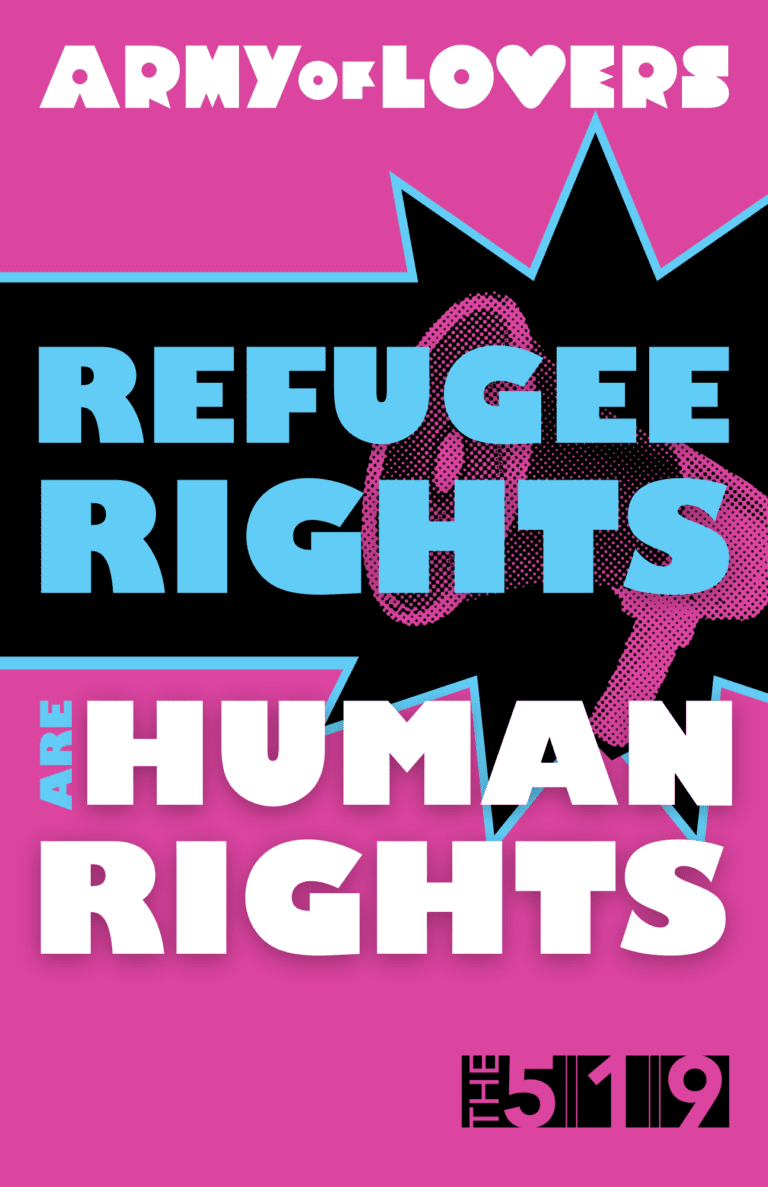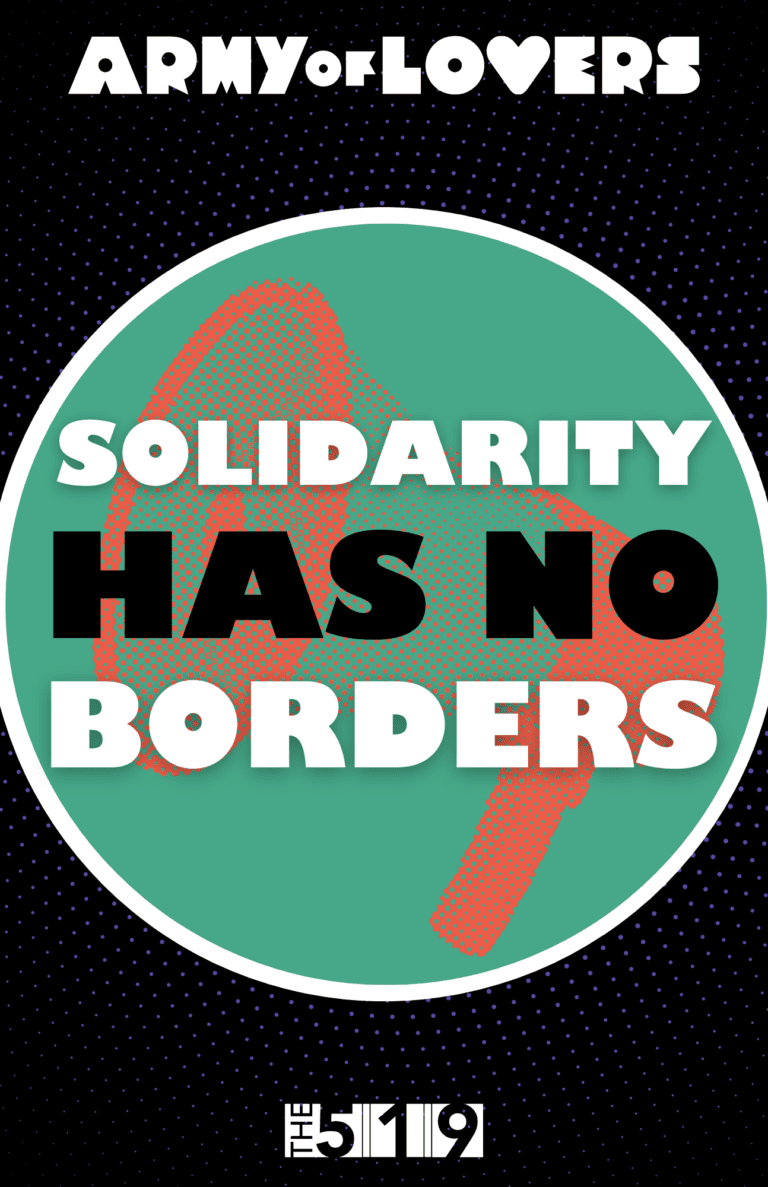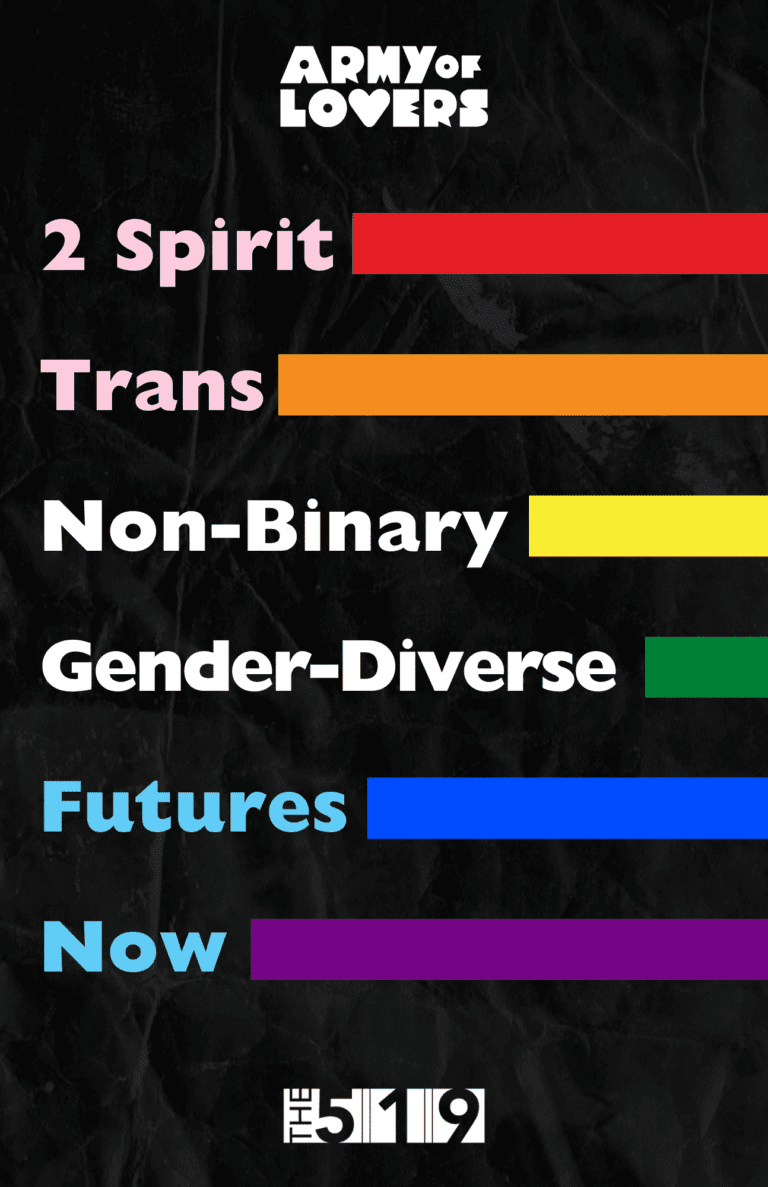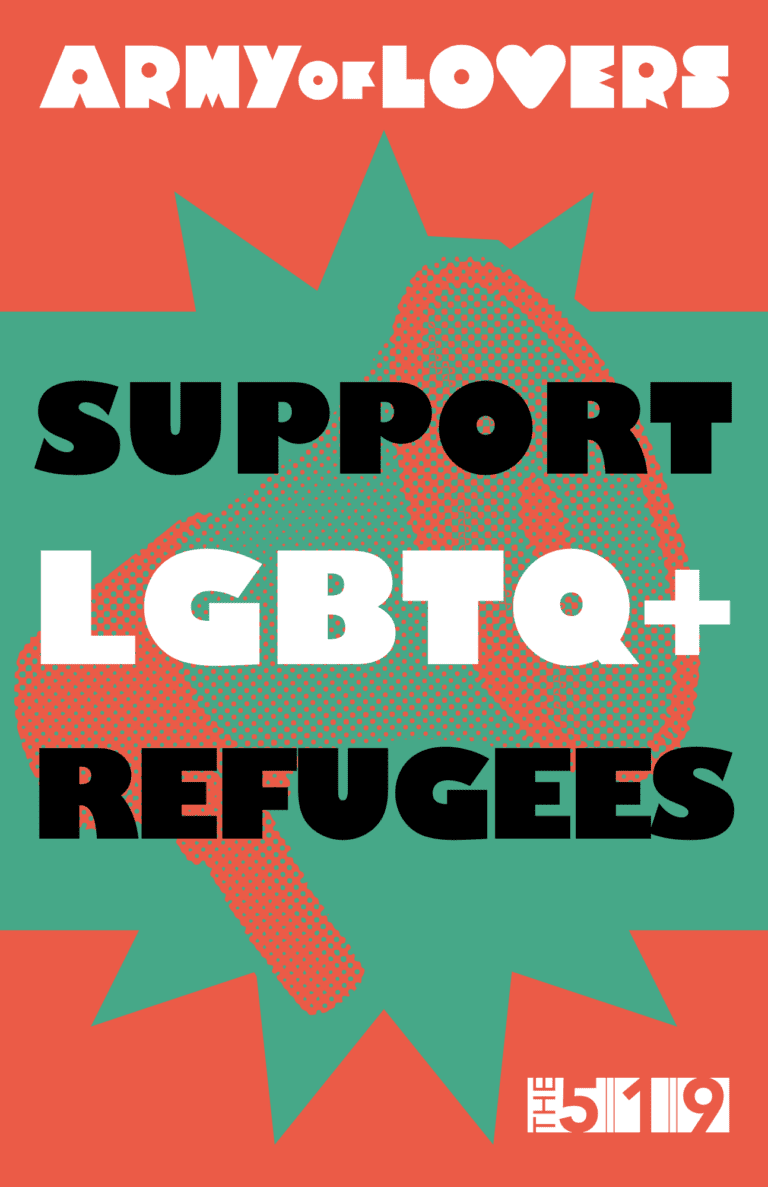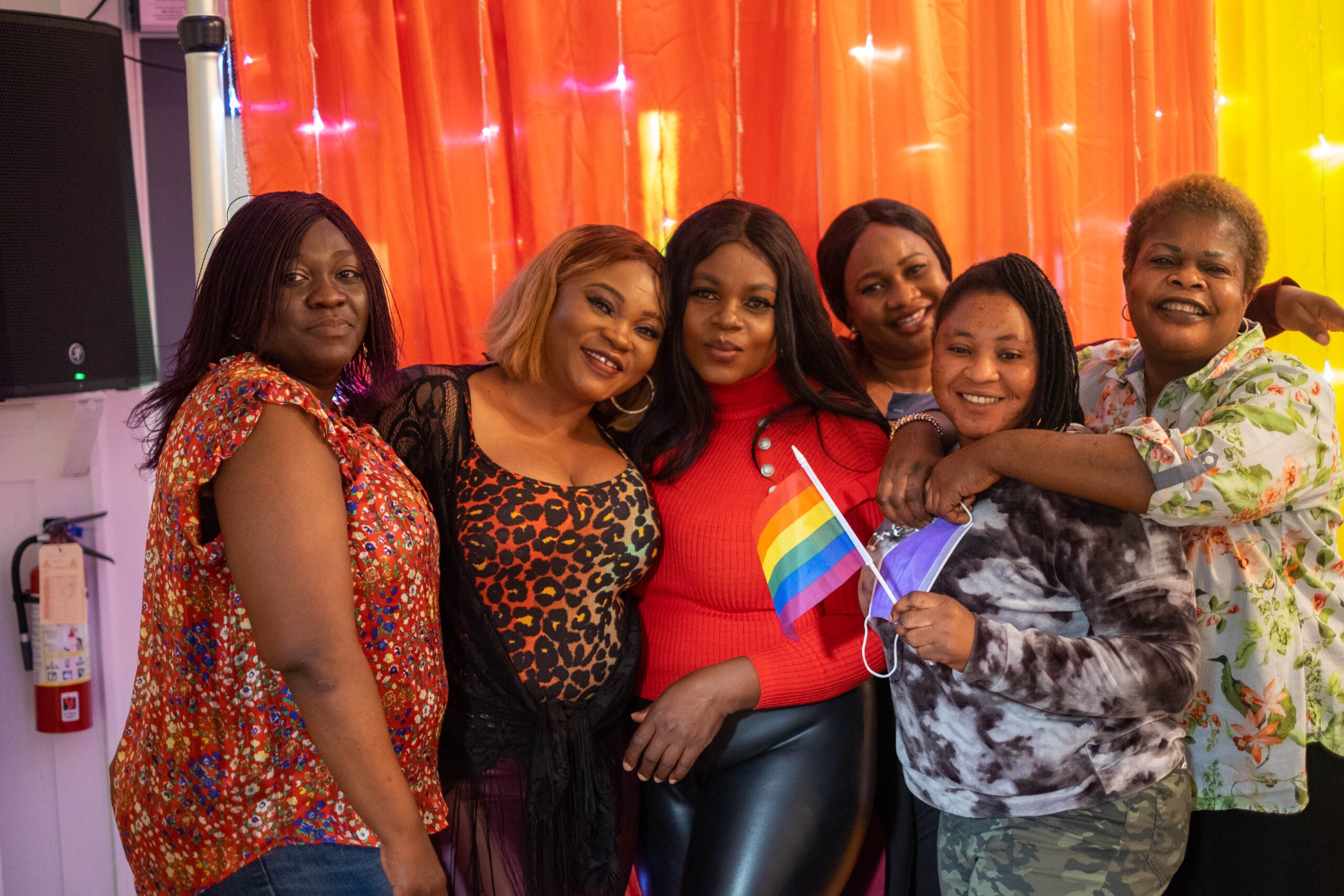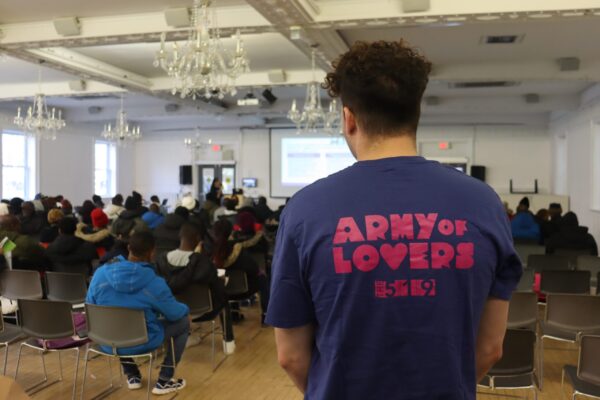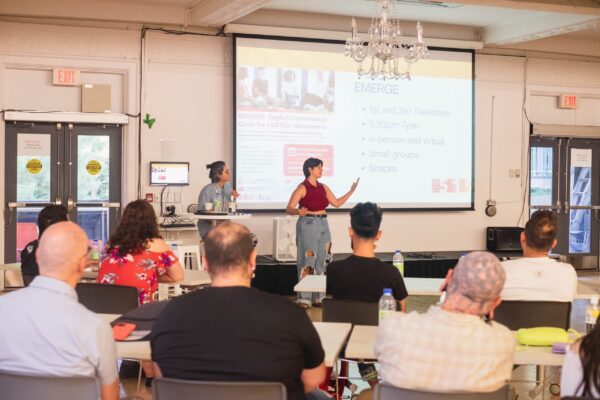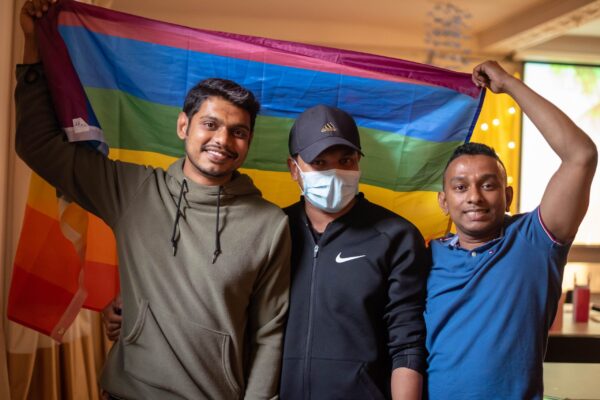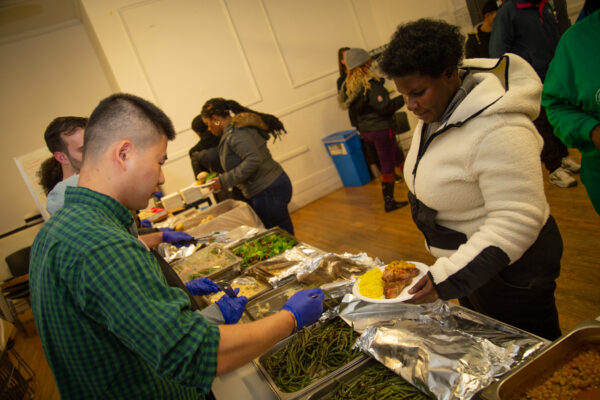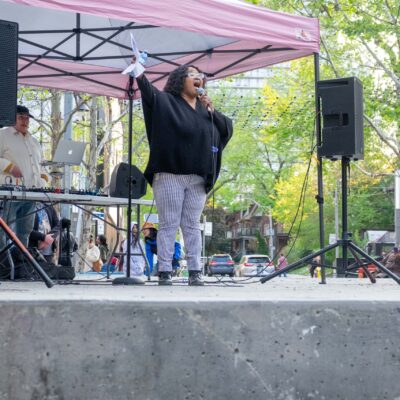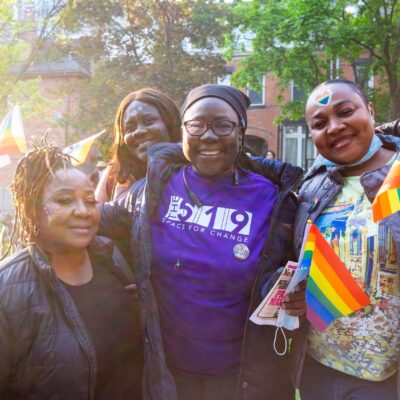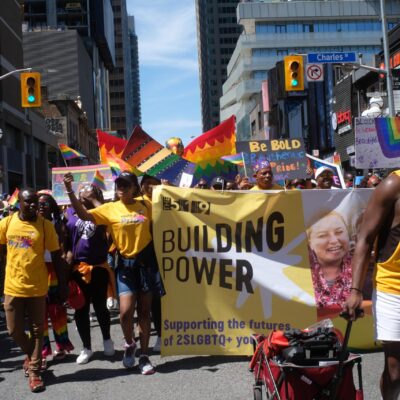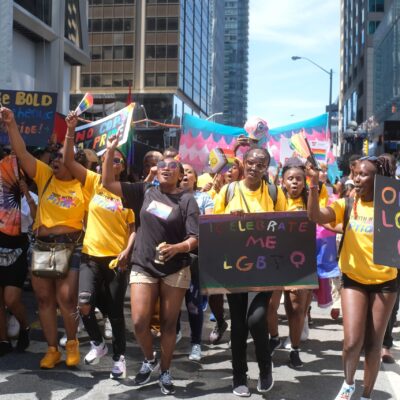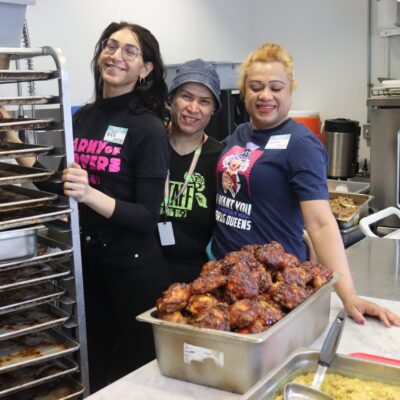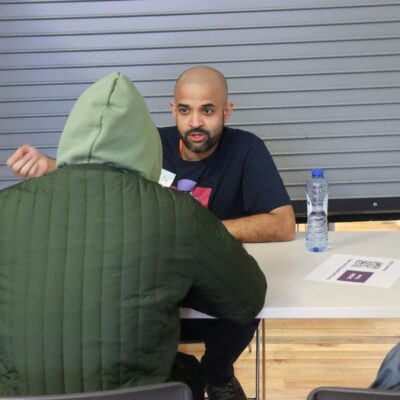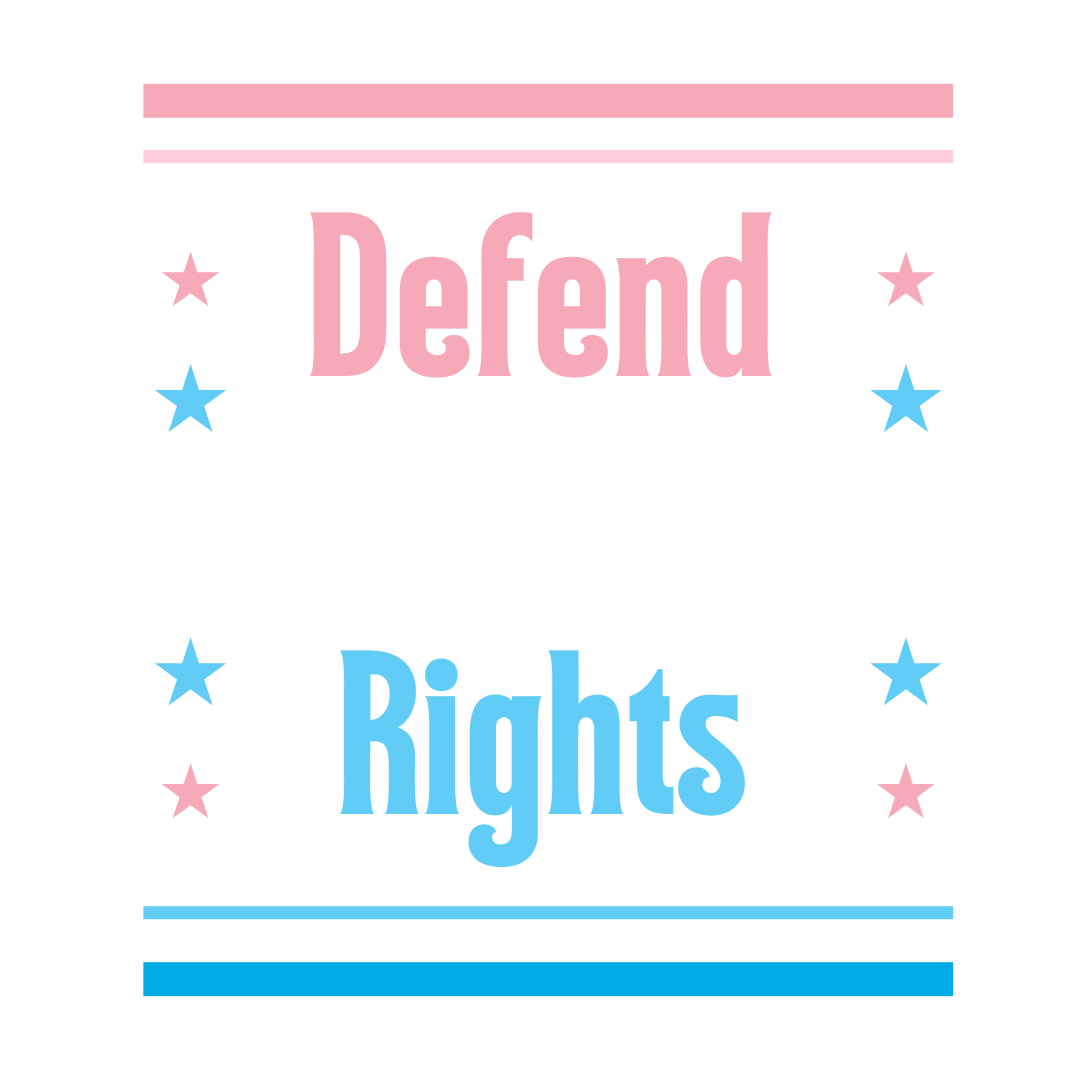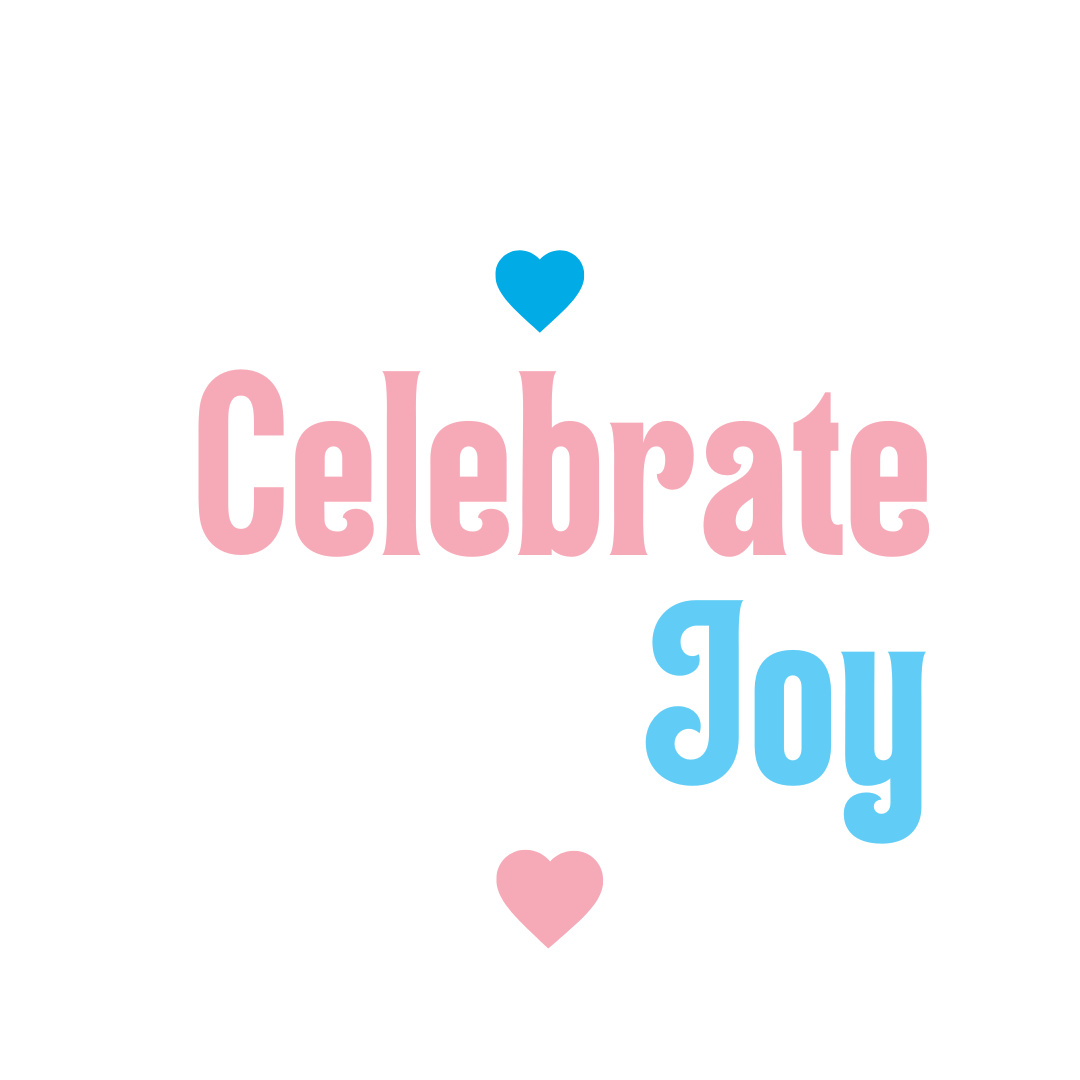With nearly 120 million displaced people in the world, and 65 countries that criminalize 2SLGBTQ+ identities or activity, including 12 where the death penalty may be imposed, LGBTQ+ people around the world continue to face daily threats due to state persecution, hate-motivated crimes and violence, and widespread discrimination.
LGBTQ+ refugees face discrimination and barriers throughout the refugee and asylum processes, whether that be at border crossings, in accessing services, or having their identity and lived experience believed. With a persistent lack of action at the global level, LGBTQ+ refugees and the organizations that support them continue to navigate incredibly complex, dangerous pathways to safety.
Once LGBTQ+ refugees land in Canada, they face multiple barriers as they attempt to rebuild their lives from the ground up. Since The 519 began its LGBTQ+ refugee and newcomer programming in 2007, we have seen the deepening of chronic systemic issues that impact the wellbeing and safety of LBGTQ+ refugee claimants:
- While interacting with immigration officers or the Immigration and Refugee Board, clients often face discrimination and a lack of awareness and understanding of
- LGBTQ+ identities and persecution. This results in claimants being re-traumatized and erodes their trust in Canadian institutions.
- Canada and Toronto are in an ongoing, long-time housing crisis. Unable to afford rental costs, many refugees start their time in Canada in shelters, on the street, or couch surfing.
- With shelters at capacity in Toronto, many of our clients have been moved across the province. From Windsor to Cornwall to Thunder Bay, we hear from LGBTQ+ refugee clients who are isolated and unable to access LGBTQ+ affirming supports.
- Navigating bureaucracy to access healthcare, financial support, and a work permit can often be difficult and result in delays, especially for people who do not speak English as a first language.
- Access to critical services that help claimants access HIV care or trans-affirming resources is limited, and without support from LGBTQ+ organizations, refugee claimants are often not told they exist.
- Many of our clients are unable to access supports from broader diasporic cultural communities once they arrive in Canada due to continued fears of persecution.
- Many refugees arrive in Canada with little to no savings, and struggle with finding employment because of a lack of Canadian work experience. This is compounded by bad actors who take advantage of newcomers, promising to help them navigate the refugee process and vastly over charging them or defrauding them.
Most importantly, successful settlement goes beyond paperwork. What people need is human connection – a place where they can experience joy, grief, healing, and support. Community is an important building block for life in a new country. The journey of coming to terms with one’s reality, healing, and thriving is a long one that begins with being in affirming community.


